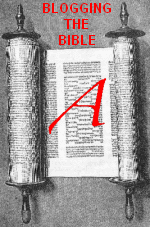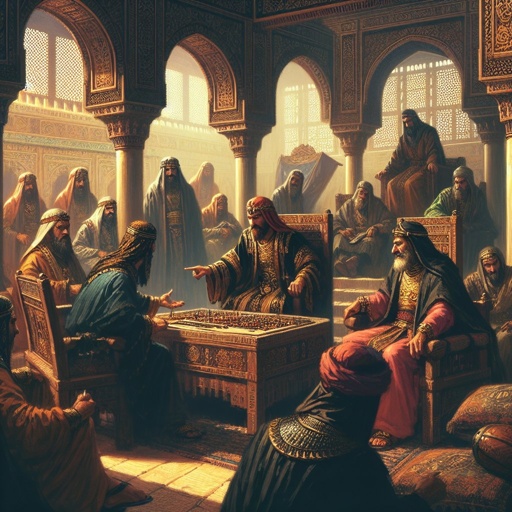 David and Jonathan
David and Jonathan
As part of the public “debate” about homosexuality over the last few decades, some gay rights activists have claimed that the Bible is not as anti-gay as fundamentalists would believe. A staple modern discussions about homosexuality and the Bible is David’s relationship with Jonathan, whether or not it was sexual and what the Bible has to say about it. This is something that’s pretty interesting to examine so I’ll pay special attention to the wording of passages that discuss Jonathan from his introduction in this chapter and hopefully come to some conclusion. So, here is the Bible’s first mention of their relationship, straight after David dispatches Goliath:
When [David] finished speaking with Saul, Jonathan’s soul became bound up with the soul of David; Jonathan loved David as himself…Jonathan and David made a pact because [Jonathan] loved him as himself. Jonathan took off the cloak and tunic he was wearing and gave them to David, together with his sword, bow and belt. (18:1,3-4)

As far as passages go, this one isn’t too saucy, they only start getting suggestive in later chapters. For what it’s worth, Rashi (one of the most famous Jewish biblical commentators) has no notes on this passage at all which I find odd. Although he is often more interested in the linguistic intricacies of the Biblical Hebrew so this might be his excuse. Still, if he thought the passage suggested a sexual relationship he might have been compelled to comment and put it out of the reader’s mind, so maybe the force of the passage did not suggest it at least in his time. And if you think that homosexuality was so far from people’s minds that it wouldn’t have occured even if it was obvious, I must disagree. Rabbinic commentary can be extremely (even overly) worldly in reading the variety of sexual proclivities into seemingly “innocent” experiences. Take this bit from the Talmud, a favourite of mine: R. Judah said…two men may not sleep under the same cloak [as they may be tempted to have sex] but the Sages permit it [they consider Jews too “virtuous” to be suspected of homosexual relations] (Kidd 82a). So perhaps the passage from Samuel really wasn’t obvious.
A lot of it rests on the verb kasher “to be bound up”. I thought I’d get all evangelical and try a Bible concordance. Here’s the entry for the verb. Kasher usually means to tie or form a knot* but it can also mean to conspire. The entry lists all its uses in the Bible and it’s not used to describe human relationships in any verse except this one. So it doesn’t suggest a sexual relationship explicitly, although to me it’s so obviously implied that it’s still a very strong interpretation. I guess stay tuned for juicier parts in forthcoming chapters.
Other Bits of Intrigue: Jealousy and Foreskins

David instantly becomes a hit amongst the people as a result of killing Goliath. Saul realises David is a threat straight away, becomes jealous and starts to actively plot against David. At first he is comically crude, attempting to directly thow two spears through him (in his defence he was under the influence of yet another bad spirit from YHWH). But then he gets a bit more subtle, suggesting that David marry his daughter Meirab in order to become an army commander, the rationale being that he is likely to die in battle. But I also see a bit of a “keep your friends close and your enemies closer” attitude, especially since the book of Samuel will turn into a book of the mafiosi genre from now on.
At first David humbly says he is unworthy of the honour (although this could be interpreted as opportunistic buttering up of various courtiers), so Meirab is married off to someone else. But then Saul insists on a marriage with his daughter Michal, and as I’ve blogged before, demands 200 Philistine foreskins as the “bride-price”. So again the idea is to get David killed in trying to obtain this. There is an interesting element of foreshadowing here, for David is dispatched in this indirect way in the same way as David later does to Uriah**. But the other notable thing here is the book’s documentation of a ritualised obsession with the foreskin, almost to the point of disorder. Of course collecting 200 heads is logistically more difficult. But Saul could have asked for noses. And then there is David’s taunting of Goliath as being an uncircumcised brute before he kills him. Whilst earlier books describe the laws of circumcision, here we are given the social force of seeing the foreskin as something intrinsically disgusting. And from the way it’s portrayed, the circumcision is much more of a way to mark the in-group and foster the us-vs-them mentality, rather than a religious ceremony symbolising a covenant with YHWH.





0 Comments